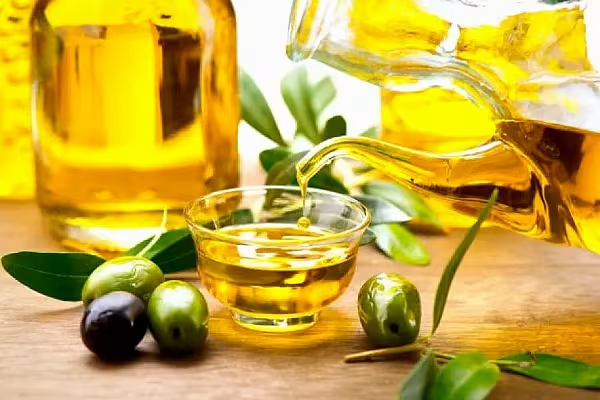The Spanish government plans to cut the value-added tax rate on olive oil to zero from July after wholesale prices more than tripled due to a severe drought in the southern Andalusia region, the budget ministry has said.
Olive oil prices skyrocketed to record levels last year after the olive harvest plummeted because of a two-year drought in Andalusia, the largest producing area in a country that usually supplies about 40% of the world's output.
Prices have eased a little this year but still hover near all-time highs.
"The measure has the goal to protect and encourage the consumption of olive oil, a healthy product, whose price has increased as a result of the drought, among other reasons," the ministry said in a statement, adding the measure will be approved on Tuesday and will be enforced from 1 July.
Soaring Prices
The soaring price of olive oil has affected the everyday life of Spaniards, as it is a staple part of the country's cuisine.
One-litre bottles of extra-virgin olive oil were selling for as much as €14.5 ($15.77) in some supermarkets late last year, propelling olive oil into the category of products retailers fit with security tags, alongside spirits, cosmetics and appliances.
The government had already cut VAT on olive oil to 5% from an original 10% last year.
Abundant rainfalls in the past weeks all over Spain bode well for next olive season, though, and industry officials expect prices to fall early next year as supply is likely to recover.
The government also said it would categorise olive oil as a basic food staple, which will mean it will carry a reduced VAT rate of 4% when market conditions return to normal. It gave no timeframe for how long the rate would remain at 0%.










